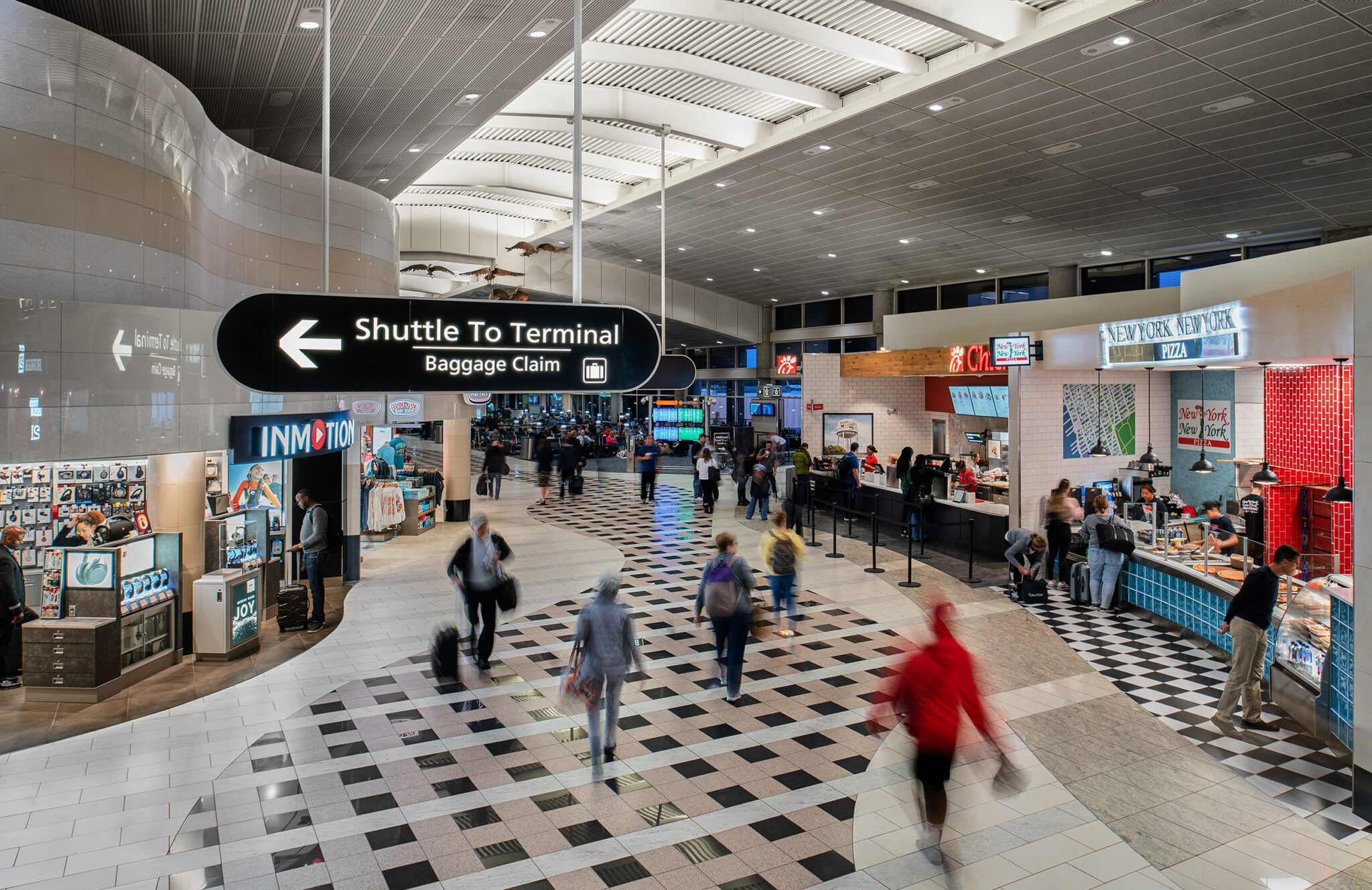Qantas May Exclude Some Agencies With New Exclusive Lower Fares
Skift Take
Qantas’s decision to sell a new set of lower-price airfares exclusively through its own channel has raised questions over which corporate travel agencies will have access to them.
The flag carrier is introducing a “lower pricing initiative” from Nov. 29 through its own distribution platform. Initially it will include domestic fares, but the airline said it could expand them to international flights.
The rollout comes as Sabre begins legal action against Hawaiian Airlines, alleging its new distribution policy prevents U.S.-based travel agents using Sabre from booking the airline’s inter-island flights. There’s a bookings surcharge dispute too.
In both these cases, these discounted fares are designed to encourage greater uptake of so-called New Distribution Capability airfares.
Breaking Away
Qantas argues that agencies using its distribution platform gain access to “seamless servicing functionalities, an enhanced shopping experience and will continue to drive retailing efficiencies for agents, customers, and Qantas.”
The lower pricing is ultimately designed to encourage more agents to use its own channel. Earlier this year the International Air Transport Association said just 10 percent of indirect sales were being made through a New Distribution Capability application program interface.
It also reduces the amount of commission the airline pays other distributors.
Qantas has been breaking away from traditional methods of distribution since 2019, when it began adding surcharges to steer momentum its way, shifting New Distribution Capability from a vague concept to an active business model. Hawaiian Airlines has been stepping up efforts since April.
It’s unclear whether these new lower fares, available from November, will be available through other channels with a surcharge. Skift contacted Qantas for comment.
Who’s In?
It’s unclear which agencies will have access to the new fares, although Qantas said it had been working with its technology partners over the past few years to “ensure that your agency has the opportunity to access Qantas Distribution Platform content.” They’re certainly being given advance notice with the end of November deadline.
“Often trade partners still using traditional indirect channels will pose the question: is there a return on investment and is the cost of switch worth it?” said Alice Ferrari, founder and CEO of travel technology platform Kyte, a Qantas-approved technology partner.
Qualifying agents on qualified routes will be able to access this content, entirely at the airline’s discretion with Kyte, Ferrari added.
“So far differentiation has been very limited, with little to no extra value to sellers,” she continued. “As we know, switching from traditional channels to NDC comes with a high cost and technical complexity that many travel sellers cannot sustain. This is one of the key reasons why only 10 percent of all indirect traffic goes via travel agencies today, despite New Distribution Capability having been launched in 2013.”
Sabre told Skift it had integrated the new content into its global distribution system, and that the fares were available to Sabre-connected agents in markets where Qantas has launched New Distribution Capability content.
A spokesperson for Australia’s Flight Centre Travel Group said it was “early days to talk specifically about Qantas.” However, it recently spent $27.4 million on a majority stake in TP Connects, a New Distribution Capability-certified IT provider and aggregator.
“Airlines globally are investing heavily in New Distribution Capability and are now starting to look for returns on this investment by shifting volume onto the new channels,” the company said in its annual report. “Flight Centre is well placed to capitalize to this shift, given its ownership of a specialist aggregator.”
One expert argued that with so few airlines in Australia, it’s easy for them to make bold decisions like this.
“It is a big deal in Australia, as Qantas has reduced commissions to zero and now pushing agents to use their portal or a provider for New Distribution Capability content,” said Gavin Smith, director of Element Travel Technology. “Agencies are not happy there.”
Yet for some, the tech-focused airfares open the doors for more agencies.
“We only work with one corporate booking platform in Australia and we know they are eager to get access to those fares, so I’m sure they will start consuming this content when it’s available,” said Steve Domin, CEO of Duffel, another Qantas-approved partner.
“It’s going to be an interesting month for New Distribution Capability, I know there’s at least one more major announcement coming soon,” he added.
The timing is important, as Australia gears up for recovery, with spending on domestic and international travel on the up as Covid restrictions are eased, according to the Australian Bureau of Statistics.
One airline expert, Cory Garner of T2RL, who has previously advised Hawaiian Airlines, questioned whether the new Qantas fares will be dynamically or continuously priced in the future.
But in the meantime, Kyte’s Ferrari said Qantas’s new lower fare initiative was a positive step, and a sign that New Distribution Capability channels were becoming more valuable.




